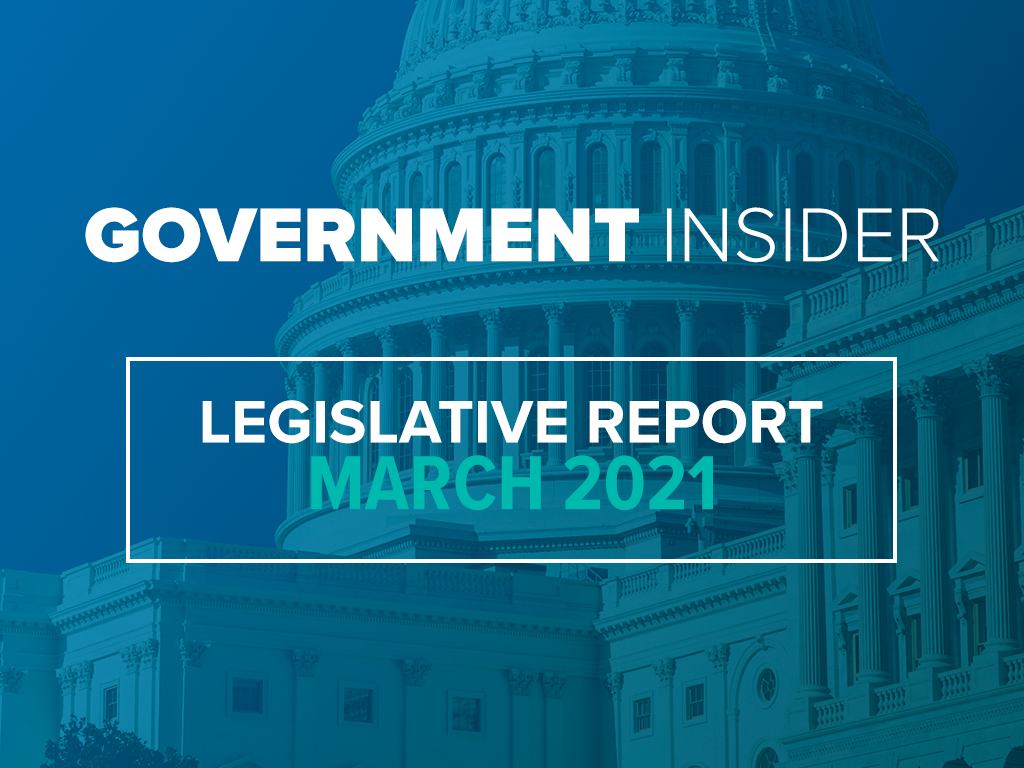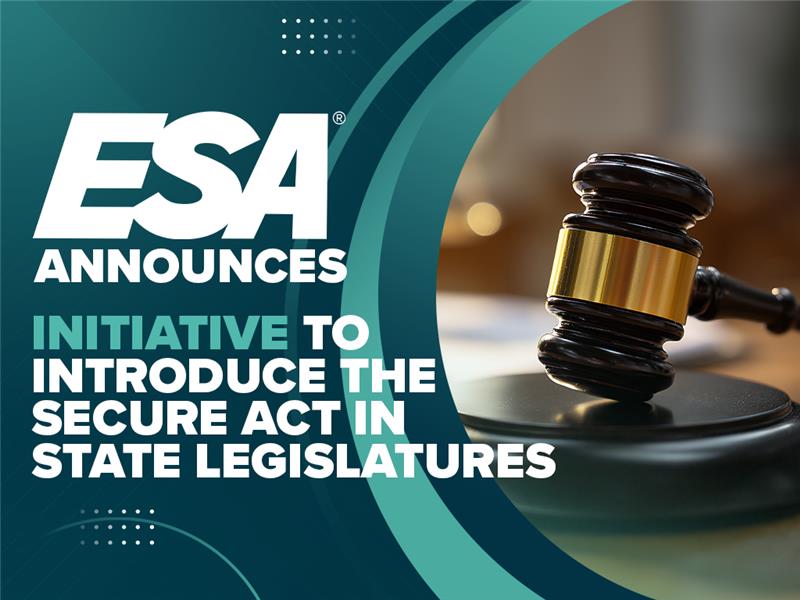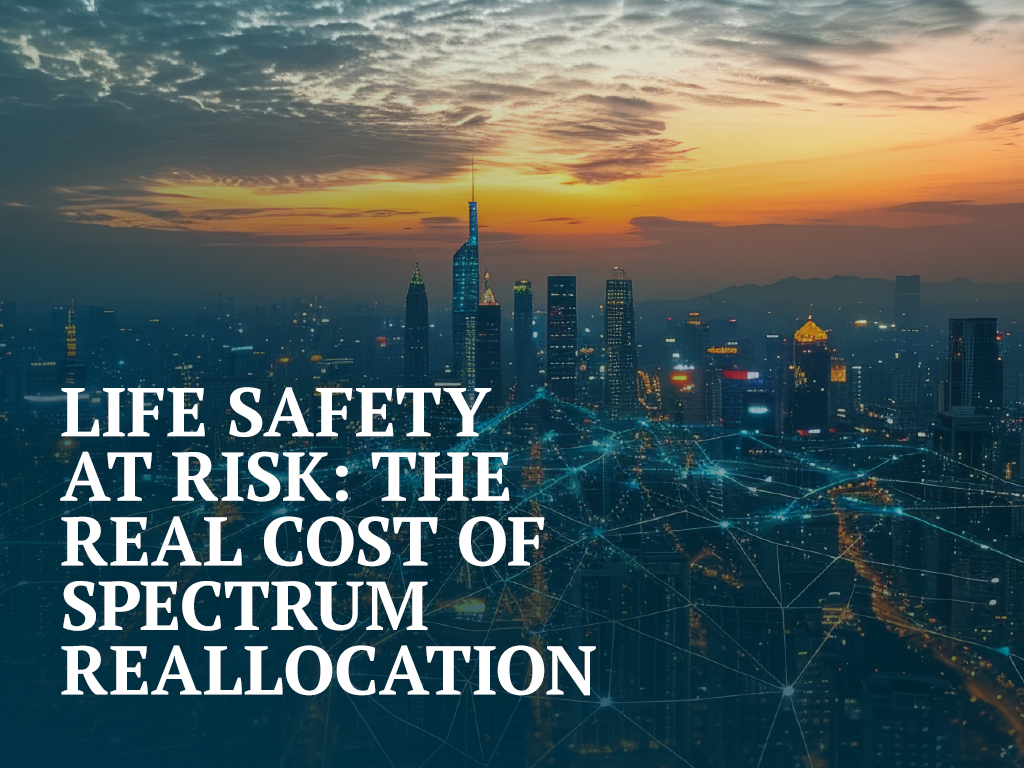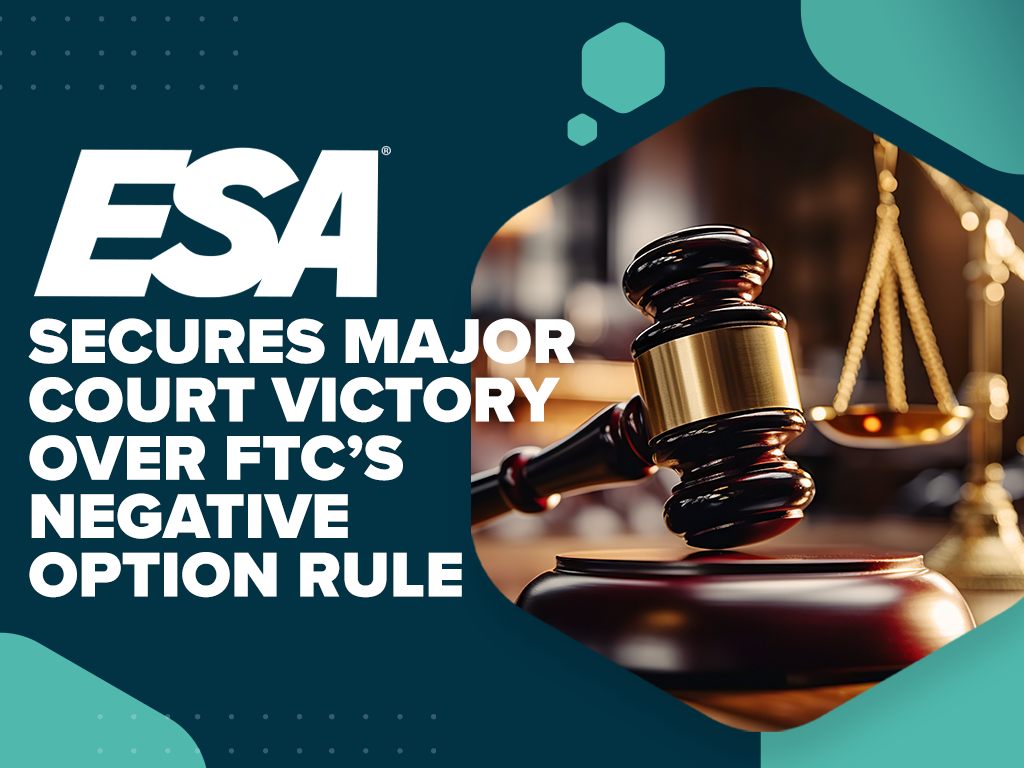Legislative Summary – March 2021

Here are highlights of legislative activity that could impact the electronic security and life safety industry.
Federal Legislative Summary – March 2021
Congress was busy in March. And this was not always a good thing. While the Paycheck Protection Plan extension bill (PPP Extension Act of 2021) did pass with bi-partisan support, HR 1799 was a relatively small bright spot on the overall activity within the beltway for business in general.
ESA along with a broad coalition of business groups, including the U.S Chamber of Commerce, launched a grassroots campaign to urge the U.S. Senate to oppose the “Protecting the Right to Organize Act of 2021” (PRO Act). Among many pro-union provisions that would disrupt or harm merit-based businesses, this bill provides a strict “ABC Test” for employee determination and strict joint employer provision that would subject many businesses who use subcontractors to joint employment obligations making them liable for the actions of subcontractors. This bill has already passed the House by party lines, which is why the current campaign is focused on the US Senate.
The other significant measure in March was titled the “American Rescue Plan Act of 2021”, HR 1319. This was the $1.9 trillion House plan for the next phase of COVID stimulus. Among many provisions, this bill will:
- raise the federal minimum wage to $15 an hour by 2025;
- extend unemployment benefits and related services;
- provide a maximum recovery rebate of $1,400 per eligible individual;
- expand and otherwise modify certain tax credits, including the child tax credit and the earned income tax credit;
- provide premium assistance for certain health insurance coverage.
President Biden has introduced his $2 Trillion “Infrastructure Plan”, which is receiving wide media attention, but as of now, there is no legislation.
Download the Members-Only Federal Legislative Report
State Legislative Summary – March 2021
A number of important bills were introduced or moved through state legislatures in March and the pace of some becomes frantic as important deadlines approach. These deadlines vary considerably from state to state, as do the “sine die” or end of session dates. Over 200 bills are included in this month’s report, but we will focus on those few with the most impact on electronic security and life safety.
Georgia HB 465 would prohibit local governments from fining alarm companies for false alarms unless it was determined the alarm company was at fault for the dispatch. The need for this legislation was more evident in Georgia in light of the Sandy Springs, GA ordinance that fines alarm companies rather than users for false dispatches without establishing the alarm contractor or monitoring company caused the alarm. The alarm industry came together as a coalition of stakeholders lead by ADT, Comcast, the Georgia Electronic Life Safety and Systems Association (GELSSA) and volunteer leaders like John Loud (LOUD Security Systems and ESA Vice President) ushered this bill through the committee hearings and numerous behind-the-scenes discussions. The effort ultimately lead to passage through the House and Senate. This bill now awaits for the Governor’s signature, which we are hopeful will happen soon. Congratulations to all who worked on this important legislation.
Nevada SB 253 would also prohibit local governments from fining alarm companies for false alarms unless they were responsible for the cause of the false dispatch. This bill is in its earlier stages and ESA has launched an advocacy campaign to support the legislation. Unfortunately, a similar bill in Mississippi, HB 219, failed.
Tennessee HB 781 and SB 770 make some changes to alarm system contractor licensing aside from transferring regulatory duties to the commissioner of commerce and insurance. This bill replaces the educational and training criteria for a qualifying agent with language that provides the applicant must hold a current certification by a national training program approved by the commissioner (replacing language that required training provided by ESA – formerly known as the NBFAA). This bill deletes the present law that prohibits a qualifying agent from being the qualifying agent for more than one business location. This bill also deletes the mandatory fines for alarm systems contracting without a certification or who violate the terms and conditions of any certification, license, or renewal of a certification or license.
Maryland SB 762 and HB 1262 create a statewide electrical licensing board, which is generally agreed to be needed in the state, but over the last few years, there has been and continues to be strong disagreement between electrician groups and limited energy integrators. This bill appears to be moving forward without defining “low voltage” or “limited energy” but the Senate version does create a workgroup to craft language for limited energy licensing. There are some moving parts to this bill, but we are not pleased with the current direction or lack of legislative guidance on what is exempted as low voltage in this bill.
Other bills that could have some impact in states include Arizona SB 1218, which creates a “least restrictive” licensing framework for all occupational licenses in the state. This bill was enacted into law.




